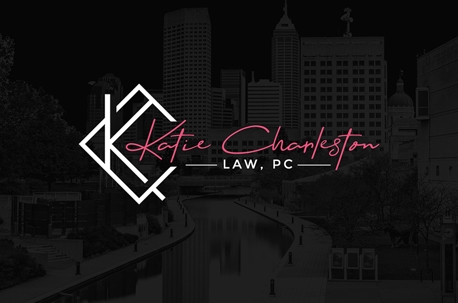While the last decade has been full of e-commerce platforms ready to browse, shop, and communicate with online retailers, there is a desperate need in today’s younger generation to have a shopping experience. Smaller boutiques regularly engage in pop-up shops, but even retail giants like Bloomingdales and Apple see the benefits of such short-term storefronts.
Pop-up shops can be a great add-on to an overall marketing strategy for both the retail owner as well as a city center, mall, or venue displaying the pop-up shop. The venue gets great, although temporary visibility from the pop-up shop can create a sense of urgency to get consumers to the location. Similarly, the retailer gets the benefits of a short-term commitment to a space and also enjoys the sense of urgency created for the consumer to view and purchase its products.
What must not be overlooked is the laws that apply to such temporary operations. Just as a landlord and tenant would engage in negotiations and the execution of a contract that would cover essential terms of the rented space, such as length of use, allowable operations, insurance requirements, and price, so too should the pop-up shop and venue engage in such legalities. Without such essential terms defined in a written agreement, both parties could be set up for disaster and potentially litigation. Even worse, if the pop-up shop has been advertised and then is cut short due to a disagreement, both the venue and shop could lose followers and customers.
In addition to a rental agreement, pop-up shops also need to review and apply for applicable and required city or community licenses. Many cities require a business license to track sales and use taxes. Depending on the pop-up shop and the type of event, the pop-up shop may need other licenses, such as a liquor or occupational license. Beyond licensing and rental agreements, pop-up shop owners should also consider the laws around consumer data collection and privacy, just as they would if they were a brick-and-mortar storefront.
As retailers continue to explore the benefits of such pop-up shops, it is important they don’t overlook the laws that apply to business regardless of the platform.
The post The Pop-Up Shop Legal Conundrum appeared first on Katie Charleston Law, PC.

